Brian McLaren talks with us about The Great Spiritual Migration
A conversation with Lenora Rand and Rick Meredith | Wild Goose Creative Team
Already garnering some great press, including this article in The New York Times, Brian McLaren’s new book, The Great Spiritual Migration, just released this week, is one that Rachel Held Evans believes “may be his most important work yet.” Richard Rohr has called it a must read because it will “assure you that you are not crazy…in what you’re seeing and suffering today.” And Dr. Jacqui Lewis, senior minister of Middle Collegiate Church in New York City has said, “This well-conceived, intelligent, warm, truthful book is our guide to a space where a life of faith is defined by love-in-action.”
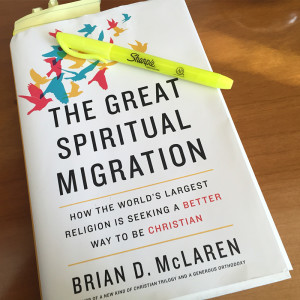 We sat down recently with Brian, a long-time supporter of the Wild Goose Festival, for a conversation about the book. Ok, to be honest, we sat down with him virtually, through the wonders of the internet. We will also admit that it might have taken us longer to come up with the questions than it did for him to answer them. He’s just that good.
We sat down recently with Brian, a long-time supporter of the Wild Goose Festival, for a conversation about the book. Ok, to be honest, we sat down with him virtually, through the wonders of the internet. We will also admit that it might have taken us longer to come up with the questions than it did for him to answer them. He’s just that good.
Lenora: If I had to summarize your book in a sentence or two I’d say it’s all about how the church needs to be less about belief and more about love. We need fewer believers and more people willing to be lovers. Did I get it – is that the gist of The Great Spiritual Migration?
Brian: You nailed the gist of the first third, and that sets the stage for everything else. I might tweak your statement to be “less about beliefs” (plural) – because I think there’s a deep and important difference between belief/faith and beliefs (as I discuss at some length in the book). The middle third of the book deals with the question of God … our understanding or vision of God, and specifically, God’s relation to violence. Then the last section takes all this and asks how we put it into practice in our faith communities and the world.
Lenora: You mentioned the Wild Goose Festival in your dedication. What role do you think Wild Goose has played/is playing in The Great Spiritual Migration?
Brian: In the last third of the book, I talk about movement dynamics, and how movements relate to institutions. One key element of a healthy movement is “movement culture,” and Festivals like Wild Goose play a key part in creating and expressing movement culture. Wild Goose creates a liminal space, a zone of experimentation, what some have called a “temporary autonomous zone” where people can practice a different way of being alive. That’s what so many of us experience at Wild Goose. It’s not the only expression of the spiritual migration we need, of course. We need migration in our academic communities, in our congregations and denominations, in our NGO’s and informal networks … but I think a place like Wild Goose plays a critical role in this. You think of Woodstock in its relation to the counterculture movement, or even Davos in relation to the global economy (for better or worse), or the role that summer camps and youth camps and mission trips played in many of our lives. These intense, extraordinary experiences stretch our imagination and give us a taste of something beautiful and possible and new.
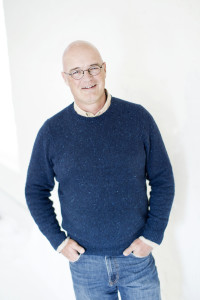
Photo by Courtney Perry
Rick: In chapter three, “Learning How to Love,” you imagine the church of the future as anything from a weekly meeting in a cathedral to a annual retreat or even a daily online experience – a “studio” where people interactively learn how to live a life of love. This sounds almost like a description of what Wild Goose could be. Could you expand on how Wild Goose might best embody this ethos?
Brian: Great question. In many ways, I think Wild Goose is already doing exactly this. First, it is providing an experience of intensity that complements our usual experiences of regularity. Regularity without intensity becomes a bit boring, and intensity without regularity can become irrelevant. But put the two together – an intense week, once a year – and you can start to feel that your life direction and “vibe” is being shaped by that week. If I could make one suggestion in how to expand that impact, it would be to continue our focus on making kids and high schoolers and college students feel welcome, and more than welcome, central to the whole event over decades to come. That’s not easy. Events tend to start with one age cohort and then stay with that cohort as they age. But if we could always lean young, we could play a major role in the spiritual formation of many for years to come. If that sounds like too much pressure, I don’t want it to. Really, I think it’s inspiring. I know that few if any of us are just interested in a successful business venture for people’s entertainment. (There’s nothing wrong with that … but I think something more than that draws us together.)
That’s especially important because although I’m working hard (and writing hard) to help our faith communities seize the moment, I don’t think enough will do so fast enough. And that means that thousands – actually, millions – of kids will grow up without much in the way of intentional spiritual formation in the way of love. They’ll be formed to be cool, or rich, or to “make America great again” (yikes) or to be faithful American consumers … but until our faith communities in sufficient numbers pick up the call to spiritually form new generations in the way of Christ, which is the way of life, creative ventures like Wild Goose must play a significant role in filling the gap. At least that’s how I see it.
Over time, I hope the intense Wild Goose experience can help a new generation of leaders arise who build new faith communities where the justice and generosity we share for a long weekend in the summer becomes the norm for their daily lives.
Rick: In chapter eight, “Salvation from the Suicide Machine”, you suggest that perhaps the Spirit of God is calling the church to stop trying to save itself and instead to join God in saving the world. So many churches and organizations seem to make “growing the numbers” a top priority, as a matter of survival. Are you saying we should just take action and forget about the numbers, and if we are in fact doing the right thing, our survival (and growth) will follow?
Brian: I’m not saying forget about the numbers. But I am saying that if we recruit more and more people to do the wrong things and become the wrong kinds of human beings, we’re playing successfully for the wrong team. My complaint with “organized religion” is not that it’s organized enough to count numbers, but that it’s well organized to achieve the wrong purposes, or better said, that it’s shabbily organized to achieve the most urgent purposes. If we were to organize well to achieve the most urgent purposes … developing people as contemplative love activists and lifelong love learners in the way of Christ, loving the planet more than we love money and fossil fuels, challenging privileged people to love poor and marginalized people so that together we can create a better future, and pre-empting war and violence with a profound commitment to peacemaking … if we organized for those purposes and invited people to be part, I think we would find a new vitality and joy. (And hard work and push-back too!) That’s what I think Jesus did, and that’s what I think the Spirit is calling us to do. I think the world will be a better place if 5000 or 50,000 or 5 million people are part of that than if 5 or 50 people are part of that. So for me, it’s about organizing and inspiring and training and supporting growing numbers of people for these urgent, important, and profoundly meaningful purposes.
Rick: You talk about the necessity of multi-faith solutions and dialogue. Do you have a vision for how that might better play out at the Wild Goose Festival?
Brian: As you know, I’m deeply involved in multi-faith collaboration. In my experience, multi-faith collaboration has two possible paths. The first is to downplay individual faith identity and to try to create a kind of neutral zone where people focus on commonalities and minimize their distinctiveness. It’s kind of a least-common denominator approach. The other is to celebrate individual faith identity and come together to share gifts from our different traditions. There’s a place for both approaches, although I’m more interested in the latter.
But here’s the problem. Many of our faith traditions are themselves in deep crisis. Their identities are conflicted, polarized, and paralyzed. If you try to get Bill O’Reilly or Sean Hannity (Catholics) and a leader in ISIS (a Sunni Muslim) and a leader in the Iranian Revolution (a Shiite Muslim) and Franklin Graham (an Evangelical/Fundamentalist) together, it’s not going to go well at all. But think of how Thomas Merton and the Dalai Lama became friends, or how Desmond Tutu and Pope Francis encounter “the other.” You might say that many faiths have their Desmond Tutu/Pope Francis pole and their Franklin Graham/Bill O’Reilly pole, and until we can get more people to the Desmond Tutu pole, we won’t have many people ready for multi-faith collaboration.
Right now, we need to build a strong movement among Christians at the Desmond Tutu/Pope Francis pole. This is a matter of spiritual formation, and I think Wild Goose invites people to “fly in formation” in that direction. In that way, I see Wild Goose’s primary calling to be a progressive Christian festival … and I mean progressive in the broadest sense … to help more Christians become the kinds of people who know how to relate to people of other faiths in a (think of it!) Christ-like way. But here’s where it gets interesting. If we do that, I think we will always be welcoming people of other faiths to the Festival – to learn from them, to share with them, to enjoy life and celebrate beauty and plot goodness together. So I think of a Muslim friend of mine who came to the Festival a few years ago. She told me that she felt completely at home, that these were “her people.”
Because Christianity is the world’s largest and richest religion, and also the religion with the most conventional and nuclear weapons under its control, it’s especially urgent for Christians to deal with our identity issues. But I also hear from many of my friends of other faiths that they feel Jews and Muslims and Buddhists and others all need their own spaces to grapple with their identity in this crazy new post-al context – postmodern, postcolonial, post-industrial, post-consumerist, post-nationalist, post-patriarchal, and so on.
I love the way the Wild Goose website said it…something like: “Because we are a Christian festival, we welcome people of all faiths and no faiths.” In other words, in our understanding of what it means to be Christian, we are hospitable, welcoming, appreciative, non-colonizing, and non-hostile.
Rick: You’ve laid out a blueprint here for creating a movement. What would you name the movement?
Lenora: We were thinking the Wild Goose Movement might be nice…Ha! Not really…but, maybe?
Brian: The nature of things these days argues against branding the movement we need with a simple label, at least for now. I wish this weren’t true, because it would be so much simpler if we could just line up behind one name or brand. But the spiritual movement we need must be a coalition of many sub-movements, and those sub-movements must, in my opinion, have their own identities even while they in a sense migrate in the same direction with others.
I see many reasons for the resistance toward a single movement label, and I’m sure there are other reasons I don’t fully understand. Maybe this will change over time. But for now, I think we have to be comfortable with the ambiguity, and Wild Goose Festival has to understand itself as a key player in an unfolding process with many other important partners around the nation and the world. At least that’s my dream.We have to become who we are, joyfully, and at the same time understand our affinity with parallel communities coming together. We can’t be everybody to everyone all at the same time, but we can be somebody whose heart is full of love for everyone … Many flocks, if you will, in one migration toward justice, joy, and peace.
Lenora: Since a lot of Wild Goose folks have probably read many of your other books, why should they read this one? Do you feel like in the current political and cultural climate we’re living in now, this book is particularly important?
Brian: I was relieved when one of the first reviewers of the book, Peter Laarman, said, “Every theme that McLaren has been carefully developing for years is present in the new book, only amplified with a new sense of urgency that seems to be informed by the climate change crisis, the new Movement for Black Lives, and the rising Islamophobia that so poisons our politics.”
I’m glad he saw this as a book that consolidates earlier themes and ups the sense of urgency. That’s how I feel. For people who have been following my work for a long time, this book in many ways puts all the pieces together and issues a call to action. For that reason, for people who haven’t read any of my books, this would be the best place so far to get the big picture.
The Great Spiritual Migration is available at:
Barnes and Noble
Amazon
Powell’s
BAM!
Hudson Booksellers
IndieBound

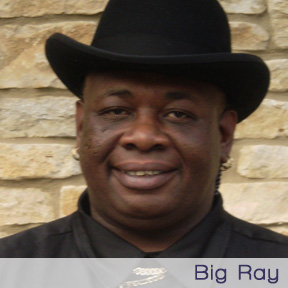
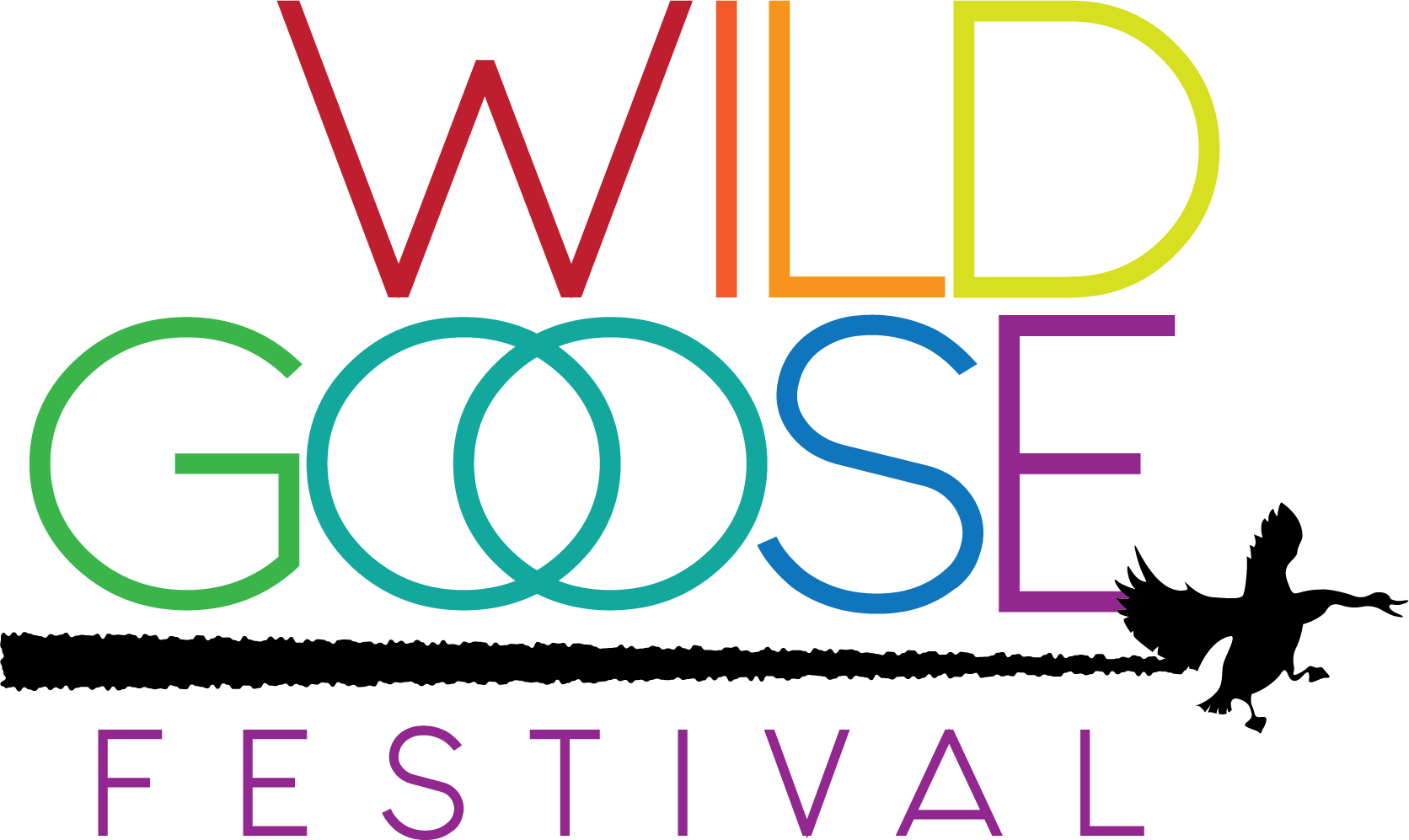


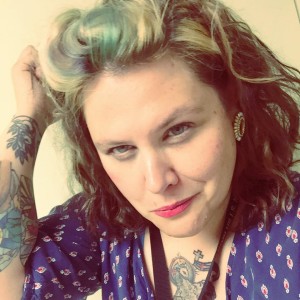




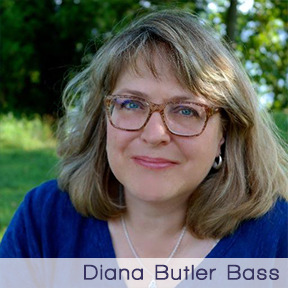
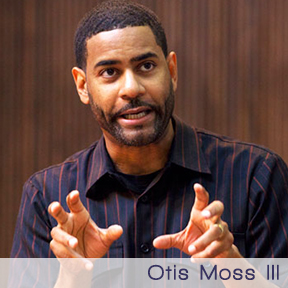
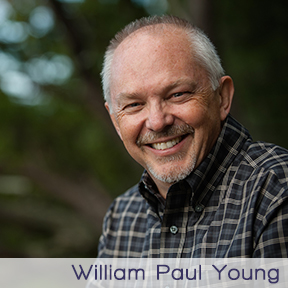


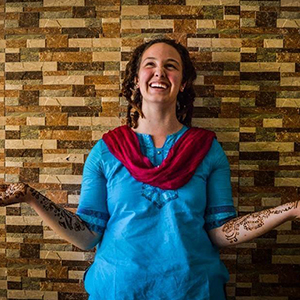






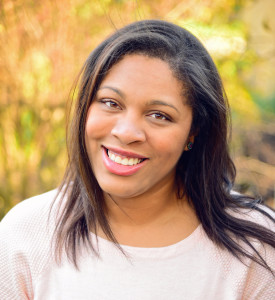

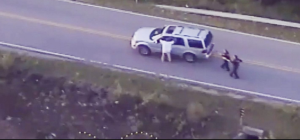 Those of us in the Wild Goose community are reeling from the horrifying and tragic events of this week: the police shootings of Terence Crutcher in Tulsa and Keith Lamont Scott in Charlotte, two more names on a list that seems to grow longer and longer every day.
Those of us in the Wild Goose community are reeling from the horrifying and tragic events of this week: the police shootings of Terence Crutcher in Tulsa and Keith Lamont Scott in Charlotte, two more names on a list that seems to grow longer and longer every day.
 We sat down recently with Brian, a long-time supporter of the Wild Goose Festival, for a conversation about the book. Ok, to be honest, we sat down with him virtually, through the wonders of the internet. We will also admit that it might have taken us longer to come up with the questions than it did for him to answer them. He’s just that good.
We sat down recently with Brian, a long-time supporter of the Wild Goose Festival, for a conversation about the book. Ok, to be honest, we sat down with him virtually, through the wonders of the internet. We will also admit that it might have taken us longer to come up with the questions than it did for him to answer them. He’s just that good. 




